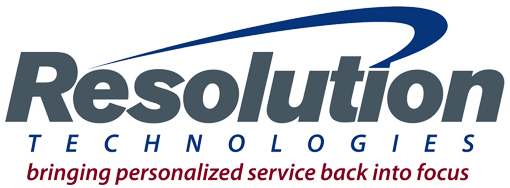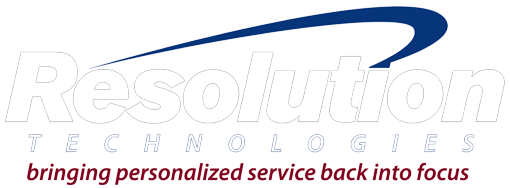
There are many different types of personality. Personality affects how people think, feel and act in every situation, especially in the workplace. So does personality type determine your effectiveness as a leader? Is there one best personality type that makes a good leader?
The answer is: it depends on the job. Just like every personality is different, every position is different as well. The required tasks, chain of command, hours and atmosphere affect which personality types are going to be most successful in a position. While personality shouldn’t be a make or break factor in the workplace, it can be useful to take into account if you are applying for a new job, or if you are in charge of hiring for an open position. Knowing your personality type can tell you some of your strengths and weaknesses, and give you areas to focus on to be your most successful self.
You may have heard of some different ways to determine your personality type, such as the Myers-Briggs Type Indicator, the Jung Typology Theory or the Keirsey Temperament Sorter. While these tests contain some differences– and may not be completely accurate– the fundamentals for the different personality types are very similar. Each of these tests determines a four-letter code that relates to four different two-factor categories. These categories can be broken down into Introvert/Extrovert, Intuitive/Sensing, Thinking/Feeling and Judging/Perceiving. Therefore someone with an INFJ personality type would be an Introvert/Intuitive/Feeling/Judging combination.
So what how do these personality types affect leadership style?
Extraverts can be very effective leaders. They are naturally charismatic and can command a room. However, sometimes a big personality doesn’t allow for others to voice different ideas and opinions. In order to be effective, extroverted leaders need to dial down their intensity and make sure there is room for others to give input and feel valued. On the other hand, introverts may struggle being the center of attention and directing others, however they are often good at stepping back to let others shine. This can improve employee morale and lead to loyal and motivated workers.
A person with the sensing personality type relies on past experiences and his or her senses to make decisions. While they often have experiences to back up their decisions, they might miss opportunities by failing to think things through. They tend to be very detail oriented and analytical, but they may miss the bigger picture by focusing only on what is in front of them. On the other hand, intuitive people focus mostly on the meanings and patterns in the information they receive. They tend to think about all the possibilities and theories before making a decision. However, because of this they tend to focus on the future and may have trouble finalizing decisions and seeing what needs to be done in the present.
Someone with a thinking personality tends to be rational and reasonable, making the most logical choice in a decision regardless of personal consequences. This is a beneficial leadership trait in hard decisions, however it might not be the most tactful where other peoples’ feelings are involved. A feeling personality considers how others will feel and react to decisions, but they need to be careful not to act too leniently in certain situations just because they are afraid of hurting feelings.
The leader with a judging personality is most likely very organized and structured. They schedule meticulously and keep order in their work lives. This can be an effective way of getting tasks done with the most efficiency, however their rigid procedures could prevent them from being open to other opportunities. The perceiving personality tends to be more open to new ideas and opinions because they keep a more flexible and open schedule. They act more spontaneously and can implement ideas on the fly. However, they tend to be less organized and employees may struggle with their lack of planning.
Any personality type can be successful in a leadership role. The most important thing to keep in mind is that everyone has some strengths and some weaknesses, and balance is the key to success. Realizing your personality type and the personality type of those you work with will help strengthen work relationships and create new opportunities.
Here at Resolution Technologies, we understand that serving our clients and consultants is what matters most and promise to never lose sight of that! We take the time to understand your individual needs through face-to-face interaction and strive to always make sure your objectives are met. Resolution Technologies is a full-service Information Technology Staffing firm offering flexible solutions for our clients ranging from contract, contract-to-perm, and direct perm placements. Whatever your needs are, we promise to provide unrivaled quality and service.


